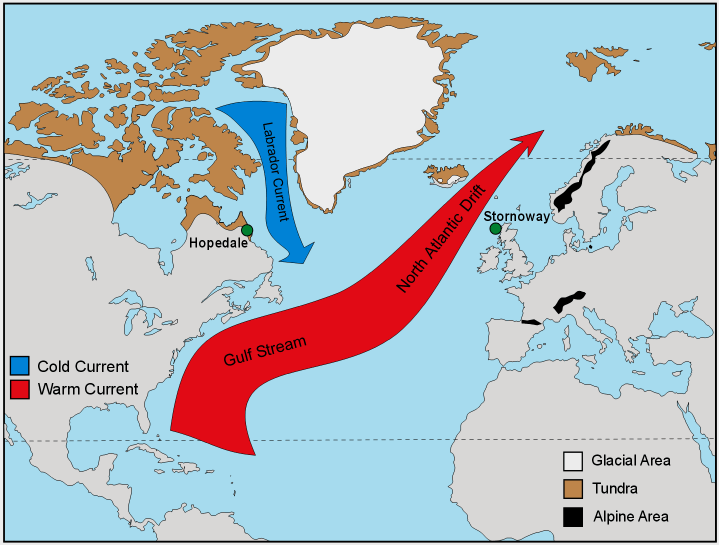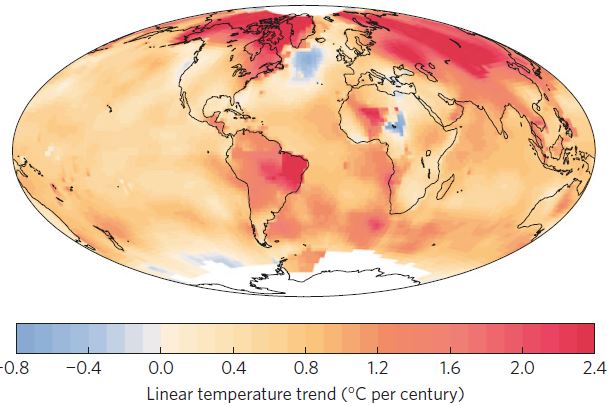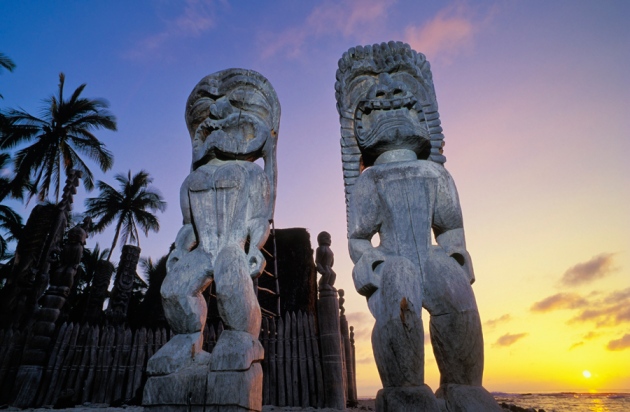We live in a time of what might be called The Great Burning. However, we tend to ignore the tremendous inferno blazing around us. Most…

Atlantic Ocean

Israeli Prime Minister Benjamin Netanyahu yesterday vehemently denied aWall Street Journal report, leaked by the Obama White House, that Israel spied on U.S. negotiations with Iran and then fed the…

The Gulf Stream is the weakest it's been in the last 1,000 years. And as glacier melt in the Arctic continues to accelerate, the foot…

The North Atlantic between Newfoundland and Ireland is practically the only region of the world that has defied global warming and even cooled. Last winter…

All human societies have been shaped by religion, leading psychologists to wonder how it arose, and whether particular forms of belief have affected other aspects…

For the first time, an international research team has provided direct evidence of the rate at which individual trees in the Amazonian basin 'inhale' carbon…
